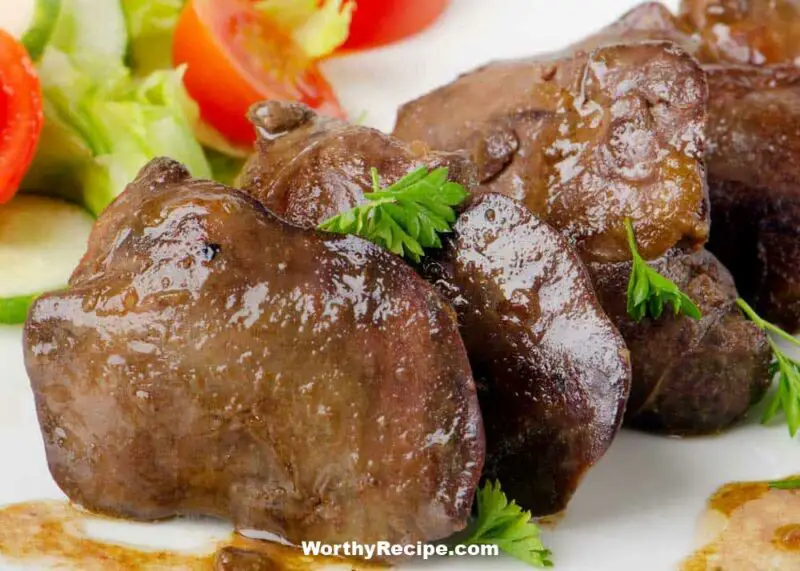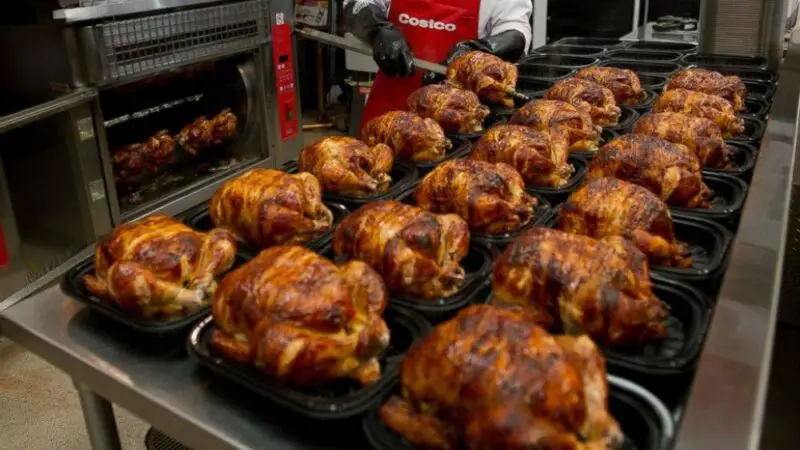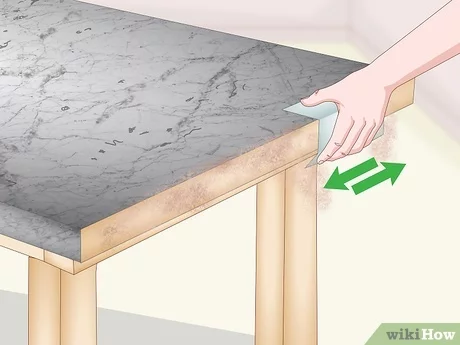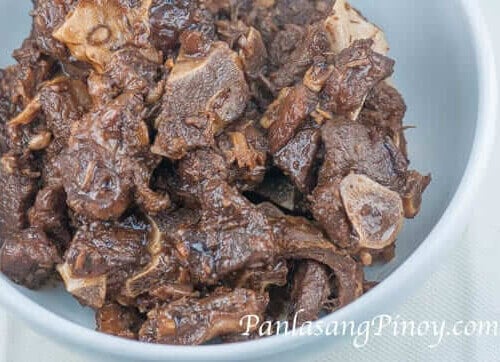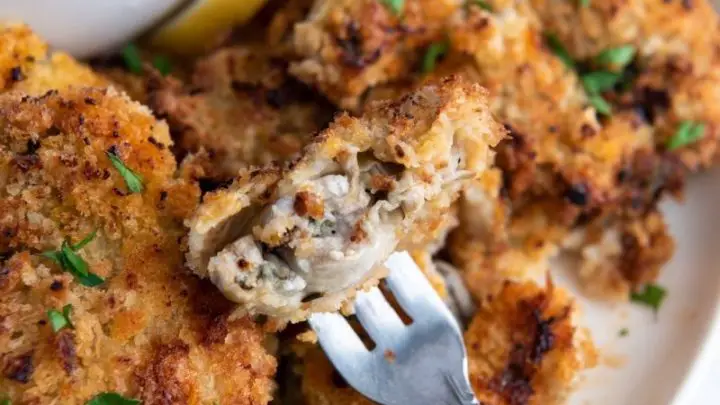How Long Can You Keep Cooked Liver in the Refrigerator?
Cooked liver is a popular ingredient in many dishes, such as pâté, liver dumplings, and liverwurst. However, it’s important to know how long you can keep cooked liver in the refrigerator to ensure it stays safe to eat.
Liver, like other animal organs, is perishable and requires careful handling. When cooked and stored improperly, it can spoil quickly and put your health at risk. In this article, we will explore the shelf life of cooked liver, factors that affect its freshness, signs it has gone bad, best practices for storing it safely, freezing techniques, proper reheating methods and when to discard it for safety reasons.
The Shelf Life of Cooked Liver
The shelf life of cooked liver refers to the length of time that it is considered safe for consumption when stored under ideal conditions. These conditions include:
- Keeping the liver refrigerated at or below 40°F (4°C) at all times
- Storing liver in a covered container to prevent contamination from outside sources (e.g., bacteria from other foods)
- Not storing liver in a warm location, as higher temperatures promote bacterial growth
A general rule of thumb is that cooked liver should be consumed within three to four days of preparation if stored properly. However, different types of liver have different shelf lives because of their unique qualities. Here are some guidelines:
- Chicken Liver: If cooked fresh chicken livers are properly stored in an air-tight container at or below 40°F (4°C), then they can last up to two days before becoming unsafe
- Beef Liver: If cooked fresh beef liver is stored under similar conditions as chicken liver, it should be consumed within three days
- Duck or Goose Liver: These types of liver have a higher fat content, making them vulnerable to spoilage. They should be consumed within one to two days of cooking if stored properly.
Factors that Affect the Shelf Life of Cooked Liver
Several factors can impact how long cooked liver will last in the refrigerator, including:
- Temperature: When it comes to food safety, temperature is key. Keeping liver at a consistent and appropriate temperature is essential in ensuring its longevity. As mentioned above, cooked liver should always be stored at or below 40°F (4°C) to decrease bacterial growth.
- Humidity: Moisture can promote microorganisms’ growth that can spoil or contaminate cooked liver. Therefore, storing the liver in a dry container is crucial in keeping it fresher for longer.
- Method of Cooking: The way you cook the liver can impact its shelf life. Boiling and frying are typically safe options that keep the liver moist and tender. However, overcooking the liver or drying it out during cooking makes it prone to spoil faster.
- Type and Quality of Animal Liver used: The type of animal liver you use also affects its shelf life. Good quality and fresh livers are more resistent to spoilage than inferior quality ones. It’s good practice to ensure proper storage while shopping for animal organs.
- Storage Container used : Storing cooked liver in an airtight container designed for food storage is the best way to keep it fresh. Glass or plastic containers with tight-fitting lids can reduce moisture buildup, which will help prevent bacterial growth.
Signs That Cooked Liver Has Gone Bad
Determining whether cooked liver has gone bad is crucial in avoiding food poisoning. Some of the common signs that cooked liver has gone bad include:
- The smell of rotten eggs or sulfur in the liver indicates a chemical breakdown caused by bacterial growth.
- Change in color: Freshly cooked liver generally has a pinkish-red hue but will transform into dark brown, creating an off scent is when it starts showing signs of spoilage.
- Texture Change: Cooked liver usually has a smooth texture. When becomes slimy or mushy, and breaking down, it’s no longer safe to consume
Storing Cooked Liver Safely
To preserve cooked liver’s freshness and quality, they should be stored following specific guidelines:
- Proper storing containers: Place cooked liver in an airtight container where it won’t be exposed to air and keep them away from all other foods. You can also use plastic bags specifically made for food storage, removing as much air as possible before sealing.
- Adding moisture : If storing in a plastic container instead of zip-lock bags, consider placing a piece of wax paper over the top layer of the liver. It can help reduce oxidation and give the liver some moistness to avoid becoming dry and tough over time.
- Never double-dip : Never return leftover liver back to the container from which it came if you have their leftovers; avoid adding fresh liver to the same container they came in, even if you haven’t finished the remainder.
- Frequent Checking : Ensure frequent checks on stored liver for signs of spoilage, even before its expiry date.
Freezing Cooked Liver
If you don’t plan on consuming your cooked liver within a few days, consider freezing it. When stored under ideal conditions, the shelf life of cooked liver can be prolonged up to two to three months. Here are some tips:
- Freezing duration: Two months is about the maximum length of time that cooked liver should be kept in the freezer. Anything beyond that risks freezer burn and impact safety and flavor or nutritional quality.
- Slicing : If you are freezing a whole cooked liver or a significant chunk of meat, slice it into smaller portions for easier thawing and quicker cooking when time to eat.
- Packaging: Similar to when storing in fridge, place your portions in moisture-proof bags such as vacuum-sealed packs, or freezer-safe ziplock bags removing any excess air that gets into the bag.
- Temperature Settings : Set your freezer temperature to 0°F (-18°C) or lower.
Reheating Cooked Liver
If you have stored cooked liver properly and want to reheat them, it is essential not to compromise health safety by following proper reheating instructions:
- Avoid thawing at room temperature : If you’ve frozen your cooked liver, do not leave them at room temperature as they will defrost unevenly and promote bacterial growth.
- Maintain proper internal temperatures: Never reheat cooked liver at temperatures lower than 165°F (74°C), preventing the growth of bacteria and ensuring adequate safety measures.
- Reheat in small portions : When you’re reheating cooked liver, break it down into smaller portions. This will help it warm evenly, reducing the risk of burnt or undercooked areas.
- Avoid using the microwave: Since microwaves work by heating food unevenly, we recommend avoiding using them to reheat cooked liver, if possible
- Prioritize Oven reheating :The oven is a better option for reheating cooked liver since it’s easier to maintain an even temperature; you can use a meat thermometer to make sure that your liver has reached the desired temperature of 165°F (74°C).
When to Discard Cooked Liver
If you notice that your cooked liver has developed signs of spoilage even if it’s before its expiry date or created a sour, unpleasant odor, discard it immediately. It’s better to be safe than sorry and avoid risking food poisoning or other health issues. Consuming spoiled food, particularly meats such as liver, can cause harmful bacterial build-up such as botulism, Campylobacter and Salmonella to name but a few.
Conclusion
Cooked liver can be a great source of protein and vitamins when stored correctly. Remember that different factors can impact your cooked liver’s shelf life like temperature, humidity among others mentioned above. To keep cooked liver fresh for longer periods, storing them in air-tight containers and avoiding cross-contamination is essential. Lastly, observing proper techniques for reheating and discarding expired liver can protect yourself from health pproblems. Hazards of consuming spoiled liver may result in anything from mild symptoms like upset stomachs to life-threatening conditions, and with our comprehensive guide on everything cooked liver, food safety should be in your hands.
1. Is it safe to keep cooked liver in the refrigerator for more than a week?
Yes, it is safe to keep cooked liver in the refrigerator for up to 3-4 days. However, if you store it properly in an airtight container or wrap it with foil or plastic wrap, it can last up to a week.
2. How can I tell if my stored liver has gone bad?
You can tell if your stored liver has gone bad by checking for any discoloration, unusual smell, slimy texture, or any growth of mold on the surface. If you observe any of these signs, discard the liver immediately.
3. Can I freeze cooked liver for long-term storage?
Yes, you can freeze cooked liver for long-term storage. It will remain safe to eat for up to 6 months if stored properly in an airtight container or freezer bag.
4. How should I reheat cooked liver?
Before reheating cooked liver, make sure that it is fully defrosted (if previously frozen) and bring it to room temperature by leaving it on the counter for about 30 minutes. Then, heat it up in the oven or microwave until it is hot all the way through, ensuring that its internal temperature reaches at least 165°F (74°C).
